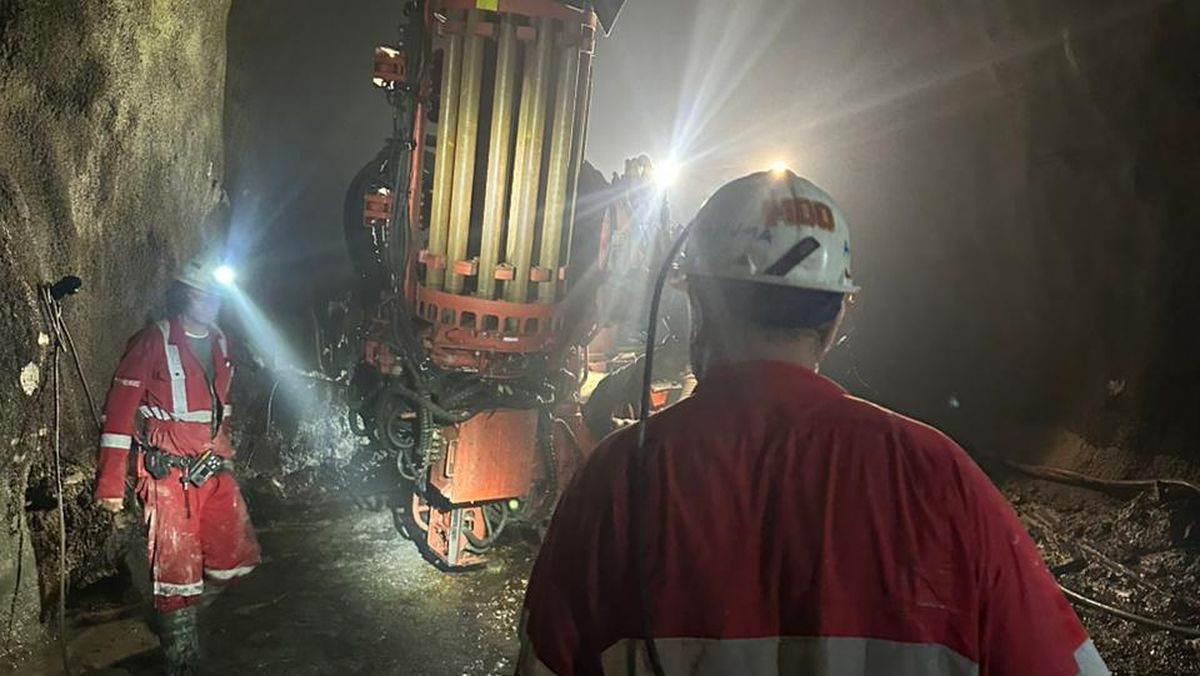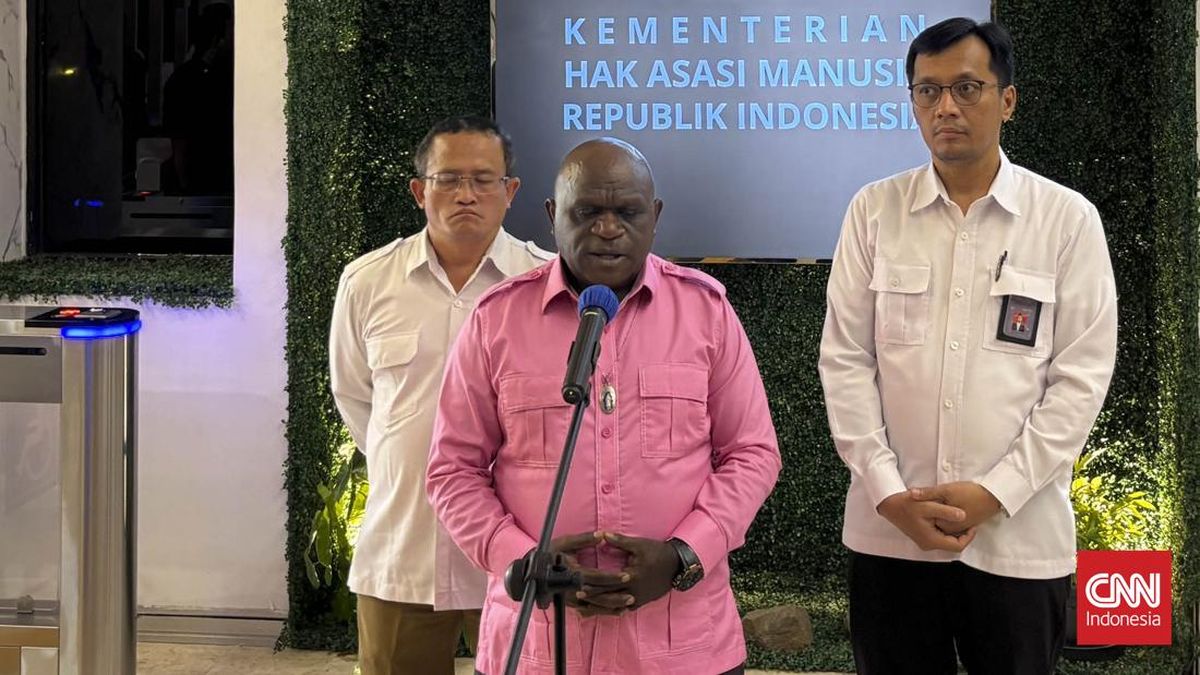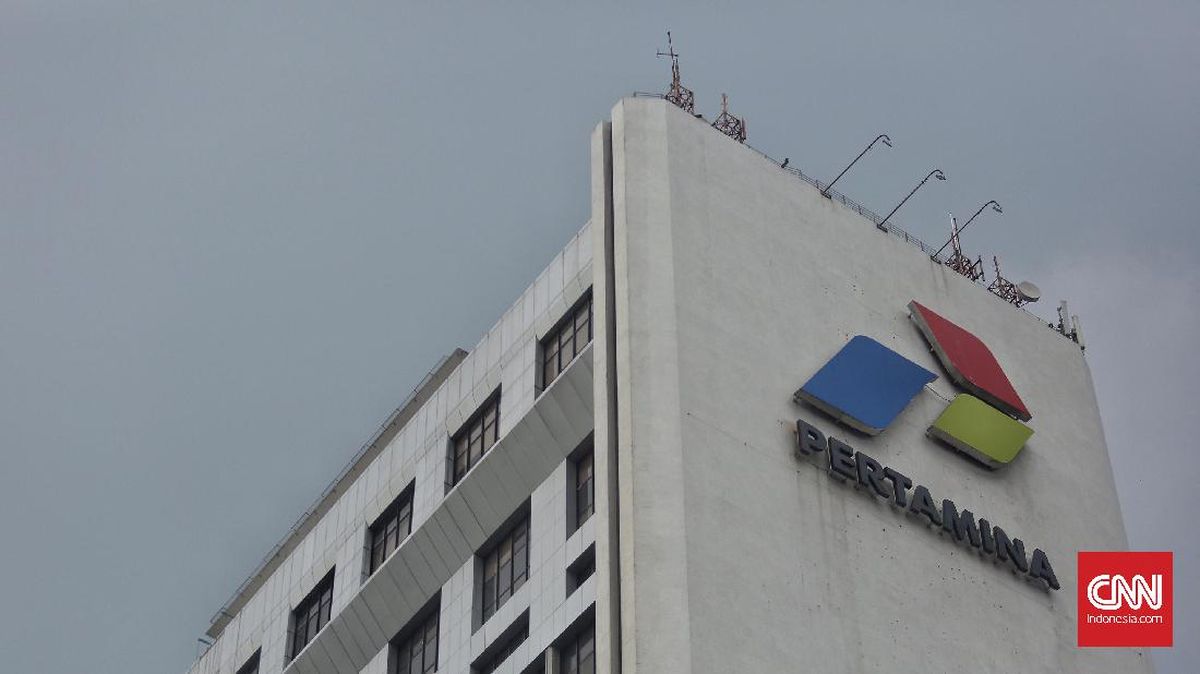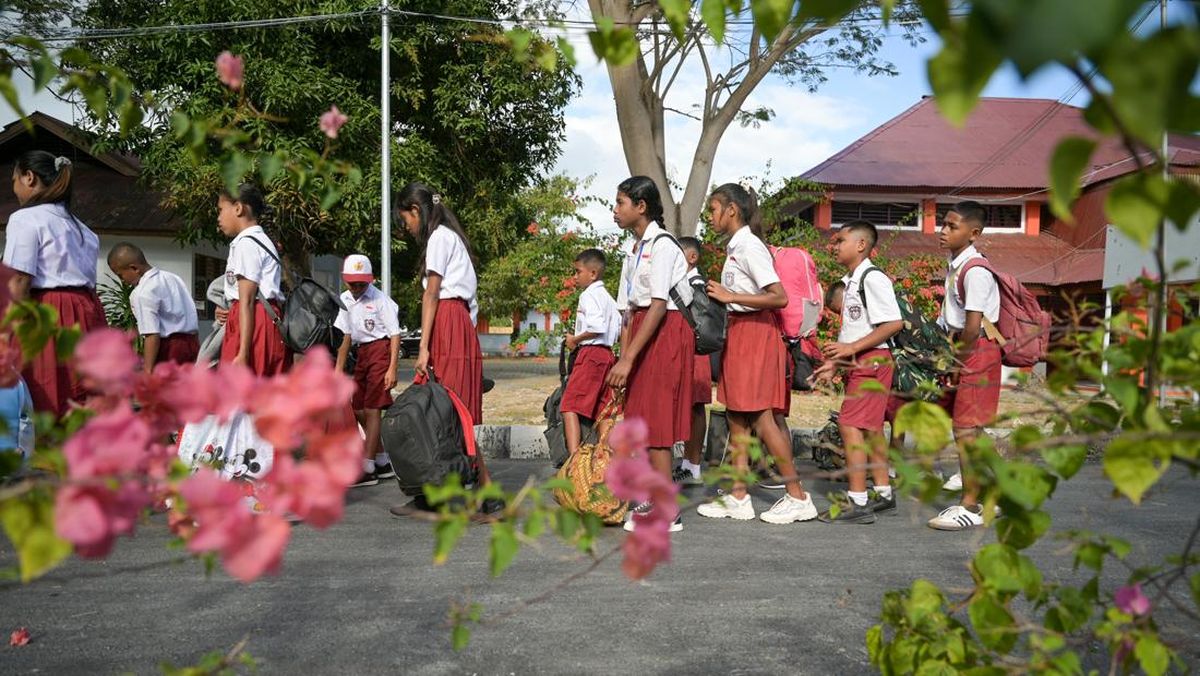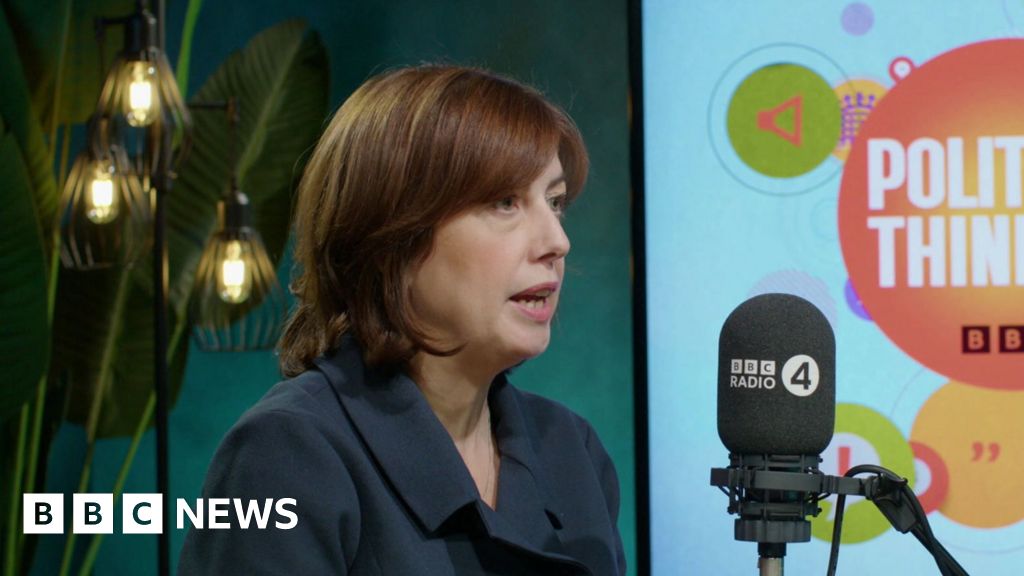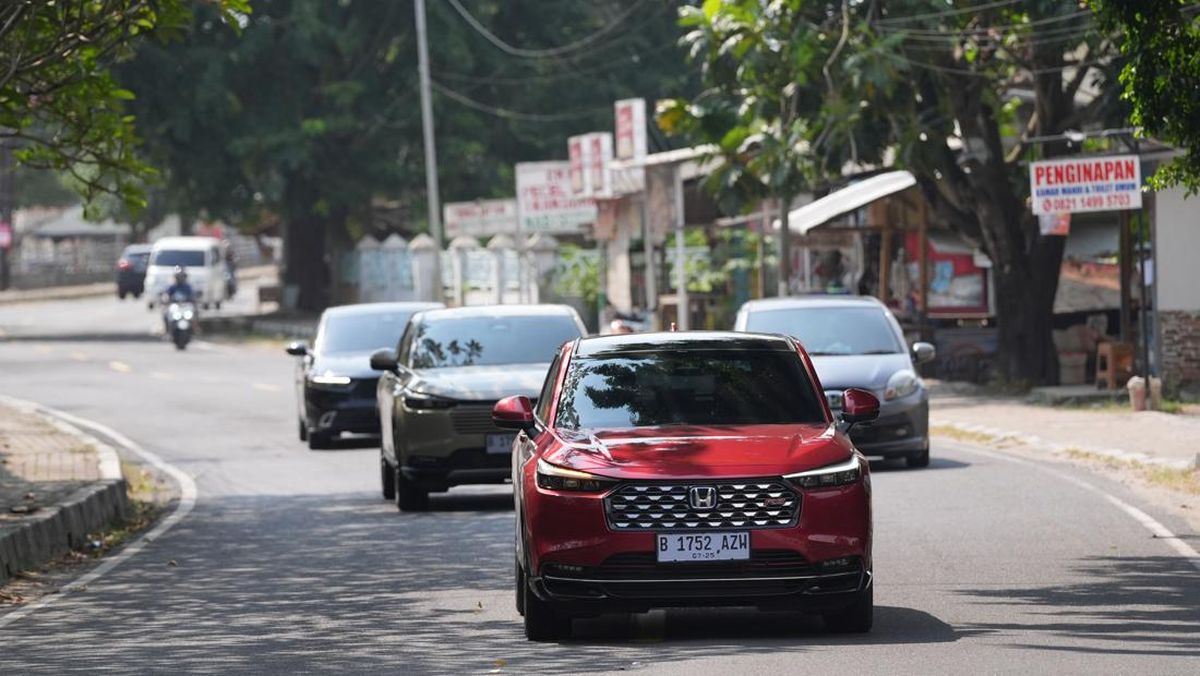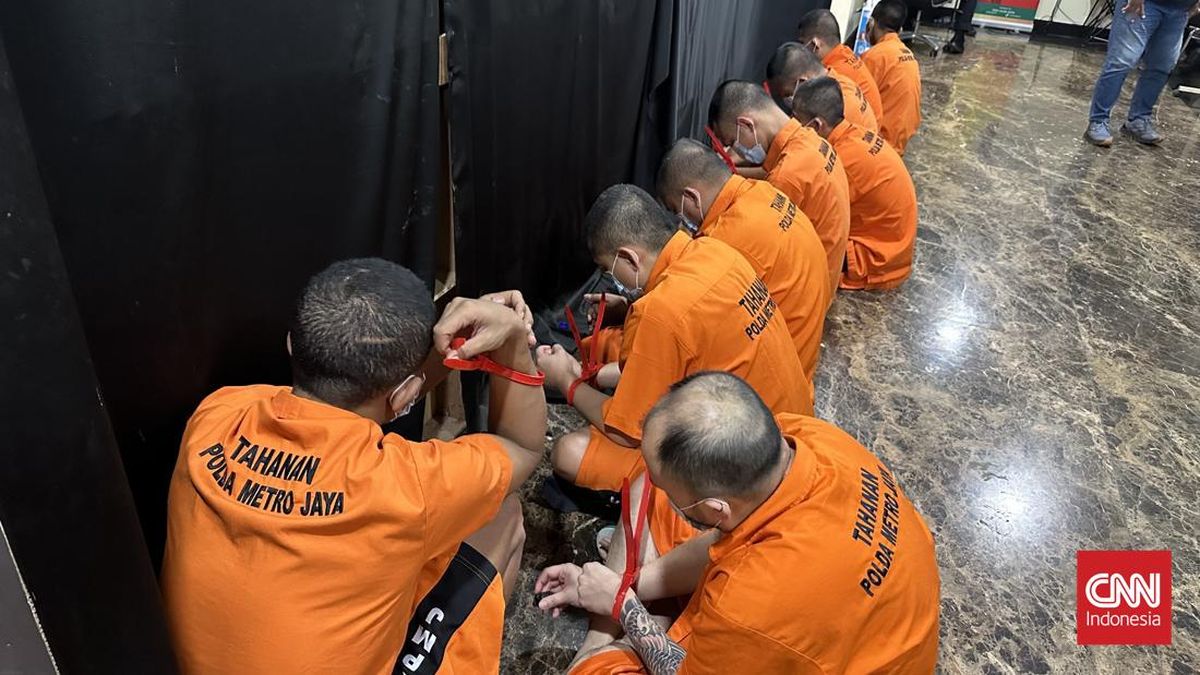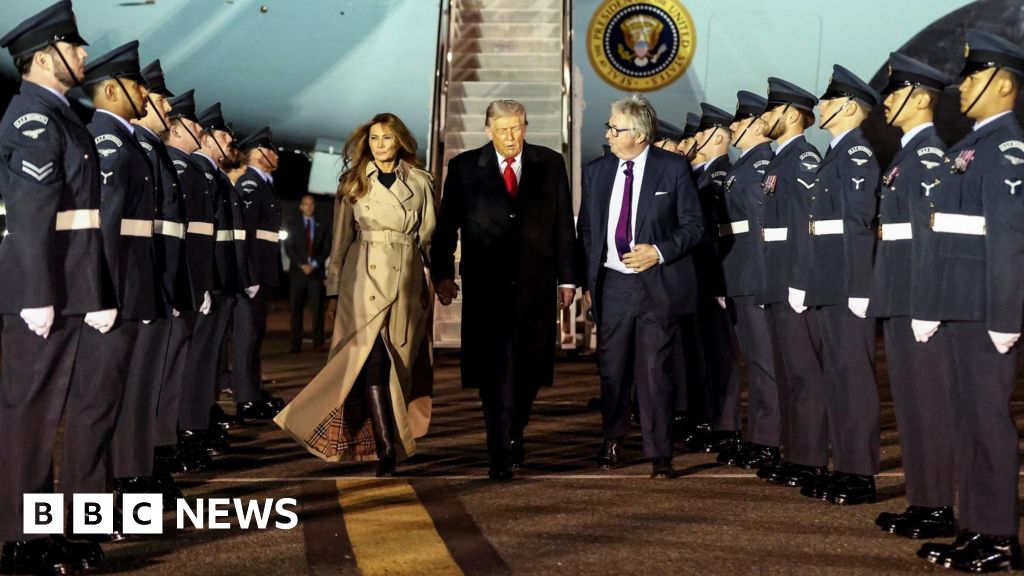Chief executives of 10 major manufacturers have decried the “broken” state of Australia’s gas market, telling the Albanese government it must force a significant reduction in gas prices and limit exports of the fuel to keep factories open and household bills steady.
Despite Australia being one of the world’s top liquefied gas exporters to buyers in Asia, officials forecast homes and businesses in the nation’s populous south-eastern states are headed for a domestic supply crunch before the end of the decade as old gas fields in the Bass Strait continue to be rapidly depleted.

Australia’s biggest legacy gas fields in Bass Strait are drying up so rapidly that officials are forecasting winter gas shortages in Victoria and NSW within as little as three years unless more local supplies become available.Credit: James Davies
Left unchecked, it will worsen cost-of-living stresses for consumers who still use gas for cooking and heating, add to the price of electricity, and threaten the future of factories that need gas to fire kilns and furnaces or as a feedstock in plastics, chemicals and fertilisers, major gas users warn.
“More than any other sector of the economy, manufacturers are bearing the brunt of this policy and market failure,” said Manufacturing Australia, a coalition of 10 chief executives of manufacturers including BlueScope Steel, Brickworks, Tomago Aluminium and Dulux Group.
The government has begun a sweeping review to ensure the rules requiring gas exporters to keep the local market well supplied are delivering “as intended”. For the first time, two of Queensland’s three liquefied natural gas (LNG) producers have signalled they are open to Western Australia-style “reservation” rules requiring them to hold back a prescribed volume for the local market only – a proposal that the manufacturing sector has been advocating for years.
Loading
However, as the review progresses, major energy users and gas producers are on course to clash once again over how wide-ranging any intervention should be. In a new submission, Manufacturing Australia has stepped up pressure on the government to bring in a mechanism aimed at cutting the wholesale gas price to $10 a gigajoule, alongside plans for a reservation and other measures to boost supply.
East-coast manufacturers are currently paying between $12 and $19 for long-term gas supply deals, the submission says.
“Regulatory reforms must target delivered gas prices below $10 a gigajoule to return to Australian investors the comparative advantage from the nation’s endowment of gas,” the group says.
Manufacturing Australia, which also includes chief executives of Incitec Pivot, Capral Aluminium, Cement Australia, CSR, Orora, Rheem and Sims, points to a tripling in the domestic wholesale gas from $4 a gigajoule to more than $12 over the past decade, despite production levels growing. It says this defies the laws of supply and demand and demonstrates the “east-coast gas market is broken”, and needs an urgent fix.

Australians are increasingly switching from gas stoves and heaters to electric alternative – but not fast enough to avert the threat of shortfalls.Credit: Getty Images
Gas producers remain staunchly opposed to the prospect of price controls, telling the government that seeking to artificially lower gas prices to below-market prices will undermine the economics of investing in new sources of supply and tighten supplies even further.
Loading
While most of Queensland’s gas is locked into long-term export deals, two of the state’s three LNG producers – the Origin Energy-backed APLNG joint venture and Shell’s QCLNG – are also key suppliers of east coast domestic gas, together accounting for about 40 per cent of the market.
Shell, one of the world’s biggest energy companies, said in its submission last month that capping prices would “weaken the investment case for future gas supply and infrastructure developments in Australia, whilst at the same time increasing the assessed sovereign risk and decreasing investor confidence”.
The manufacturing chiefs, however, argue that failing to suppress gas prices would have lasting consequences for Australia. A shortage of competitively priced gas to run the gas-powered turbines needed to back up renewables when it’s not sunny or windy would make the nation’s energy transition far more expensive, they say. It would also undermine manufacturers’ ability to sustain existing investments and pivot to lower-carbon manufacturing industries of the future, such as green iron and steel-making.
Loading
The Australian Energy Market Operator’s warnings of local gas shortfalls in the south-eastern states marks a deepening challenge for governments, which are having to balance goals to tackle climate change with the need to shore up supplies of polluting fossil fuels for those who still depend on them.
Households are increasingly switching from gas stoves and heaters to electric alternatives, aided by government incentives and policies banning gas hook-ups in new residences. However, that shift is not happening fast enough to avert the need to boost gas supplies, the market operator says.
Holding back more export gas for local buyers could improve the supply outlook, analysts say, but it would not alone solve the problem of shortfalls in Victoria and NSW on cold winter days when gas use for heating is particularly high. The north-south gas pipeline is often running at capacity during winter, and there is insufficient storage capacity in the south to store off-peak gas.
The Business Briefing newsletter delivers major stories, exclusive coverage and expert opinion. Sign up to get it every weekday morning.
Most Viewed in Business
Loading





